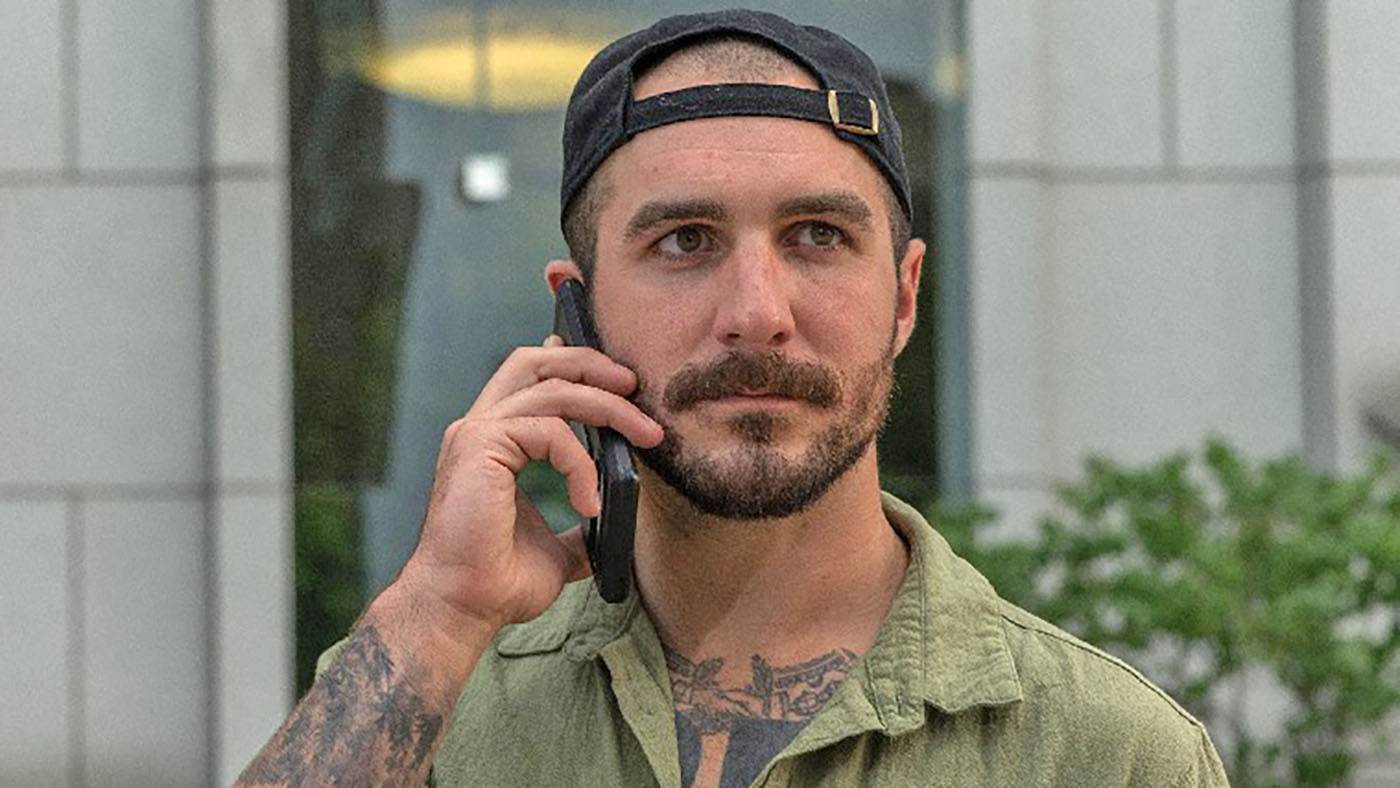I’ve found that many Veterans have a hard time reaching out for help when they’re going through tough times. Your military training taught you to put others and the mission above yourself.
When you add this to the fact that talking about suicide isn’t a comfortable or “normal” topic, it’s no wonder some Veterans feel conflicted about asking for support. We may realize something is wrong but aren’t sure how or if we should find help. Some Veterans may even feel ashamed asking for support.
These reasons for not seeking help are relatable, but how can we work to build a culture where Veterans feel comfortable finding support? We can start by looking at suicide and suicide prevention in a different way.
Let’s make calling the Veterans Crisis Line normal
Say you found yourself in the middle of an emergency, maybe a fire or car accident. What would you do? Most people would immediately take out their phone and dial 911. It’s one of the first safety measures we’re taught as children—call for help. We should do the exact same thing during a personal crisis or when you need emotional support.
The Veterans Crisis Line offers free, 24/7 crisis support for all Veterans. Simply Dial 988 and then Press 1 to be connected to a trained responder ready to help. You can also chat (VeteransCrisisLine.net/Chat) or text (838255) with responders if you don’t want to call.
If you’re a Veteran or have a Veteran in your life, it’s important to remember and save this number. By spreading the word about this resource and encouraging use of the number, we can help show that calling the Veterans Crisis Line is just as normal as dialing 911 for other emergencies.
Let’s make talking about suicide prevention normal
On the same note, what would you do if someone told you they had the same cough for a while or their leg had been hurting more than usual? Most likely, you would suggest they go to the doctor and offer to listen more about what they’re going through. We find talking about our physical health completely normal but we don’t typically think the same about conversations focused on suicide.
Some people avoid talking about suicide because they’re scared that discussing it with someone who is going through a tough time might make things worse. This is not true. In fact, talking about suicide can help save their life. By bringing it up in a calm and supportive way, you open a safe space for the Veterans in your life to talk about what they’re going through.
If you don’t know where to begin, take some time to learn how to start the conversation with our Crisis Conversation Handout.
You’ll find helpful tips like these:
- Listen more than you speak.
- Remind them you are there for them.
- Let them decide how much to share.
Talking about suicide is a difficult conversation for many people to have. Even though talking openly about suicide and suicide prevention has become more common, there’s still a long way to go. Just by starting the conversation you can make a big difference, especially for Veterans struggling in silence.
Let’s make reaching out for help normal
If a friend reached out to you and told you they were going through a hard time, what would you do? Would you tell them they can handle the situation on their own and not ask for help? Or would you offer your support and care? Most of the Veterans I know would do the latter.
Just as you would be there for your loved ones in their times of struggle, they will be there for you, too. It’s important to remember that reaching out for help is not a sign of weakness but a show of courage.
Suicide prevention takes all of us. If we can normalize conversations about suicide prevention, we can make asking for help and finding support more common, too.
If you’re looking for more resources, check out the following:
- VA S.A.V.E. Training: Resource to help you know what to do if a Veteran is going through a crisis.
- Suicide Awareness Voices of Education: An organization dedicated to preventing suicide by raising public awareness, educating communities and providing every person with the right tools.
Suicide prevention is possible, especially when we make it a point to have open, safe and hopeful conversations with the Veterans in our lives. Let’s make calling the Veterans Crisis Line and calling a friend to talk about suicide as normal as talking about the flu.
Topics in this story
Link Disclaimer
This page includes links to other websites outside our control and jurisdiction. VA is not responsible for the privacy practices or the content of non-VA Web sites. We encourage you to review the privacy policy or terms and conditions of those sites to fully understand what information is collected and how it is used.
More Stories
Bob Jesse Award celebrates the achievements of a VA employee and a team or department that exemplifies innovative practices within VA.
The Medical Foster Home program offers Veterans an alternative to nursing homes.
Watch the Under Secretary for Health and a panel of experts discuss VA Health Connect tele-emergency care.







I have worked in mental hospitals, and was able to connect with depressed patients, becoming their friend, confidant, and listening post. My heart is heavy with concern for fellow veterans who are suicidal, and I want to know how I can identify, talk and/or meet with them.